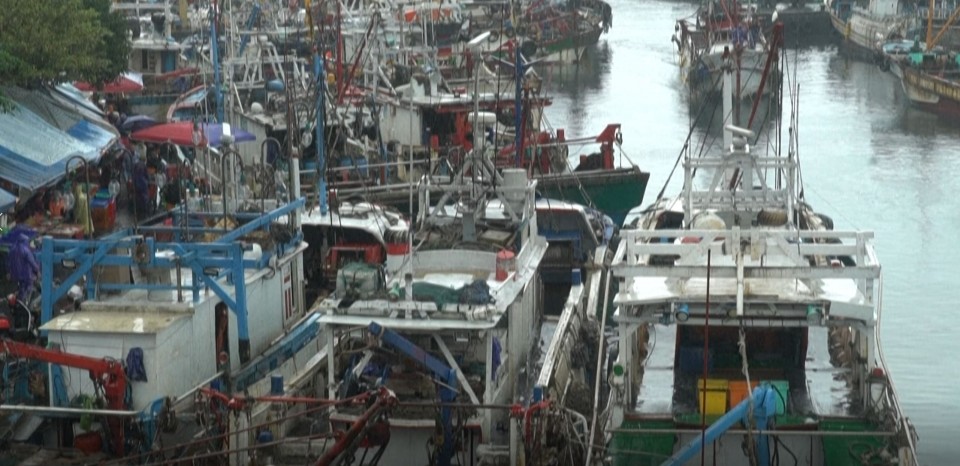Filipino and indonesian crew among those who suffered while working in Taiwan fishing fleet

TAIPEI, Taiwan (AFP) — Taiwanese prosecutors on Wednesday charged nine people for exploiting and abusing foreign crew, including Filipinos and Indonesians, on a longline fishing boat, a scourge that activists have long warned was going under-reported and unpunished.
Prosecutors allege that the crew beat migrant fishermen, forced them to work up to 20 hours a day, and made Muslim employees eat pork.
Taiwan operates the world’s second-largest deep-sea fishing fleet, with boats spending months — and sometimes years — crossing remote oceans to supply the seafood that ends up on our supermarket shelves.
But the lucrative industry has come under fire for subjecting its migrant workforce to forced labour and other abuses, contrasting with the government’s promotion of Taiwan as a regional human-rights beacon.
Activists welcomed Wednesday’s indictment, saying it was rare to prosecute Taiwanese in such cases, as they called on authorities to follow through on promises to reform the industry.
The nine people indicted by the prosecutors in Kaohsiung city for violating human trafficking laws included two Taiwanese crew members of the fishing vessel “Da Wang” as well as two heads of a company that owns the boat.
“Prosecutors have determined that the captain and first officer had actually resorted to forceful and coercive means to commit labour exploitation of migrant fishermen,” the prosecutor’s office said in a statement.
The statement described longline fishing boats as “lawless islands” where migrants had to work long hours in abusive conditions with low pay.
On the Da Wang, Indonesian and Filipino crew had to work 14 to 20 hours a day while Taiwanese officers frequently scolded them and beat those who defied their demands, the statement said.
They were also deprived of warm clothing, and Muslim fishermen were forced to eat pork — the main food offered on the boat.
The Da Wang became the focus of attention by rights activists and prosecutors in 2019 following the death of an Indonesian crew member after he was allegedly hit in the head by the first officer.
Greenpeace gathered testimony from crew alleging that the deceased was stored in a freezer until the boat could dock in Fiji, and the vessel was later blacklisted by the United States.
An official at the prosecutors’ office told AFP that there was no evidence to press charges over the death, in part because Fiji authorities ruled that the cause of death was acute pulmonary oedema — excess fluid in the lungs.
The Da Wang operated under a Vanuatu “flag of convenience” — a category of ship where activists have long warned the worst abuses can take place.
Greenpeace said the Taiwanese government could do more.
“We demand Taiwan’s government stop stalling and bring forth the ‘human rights action plan for fishing industry’ it has long promised… for a complete reform to prevent similar incidents on the Da Wang from happening again,” its Taiwan unit said in a statement.
Agence France-Presse








